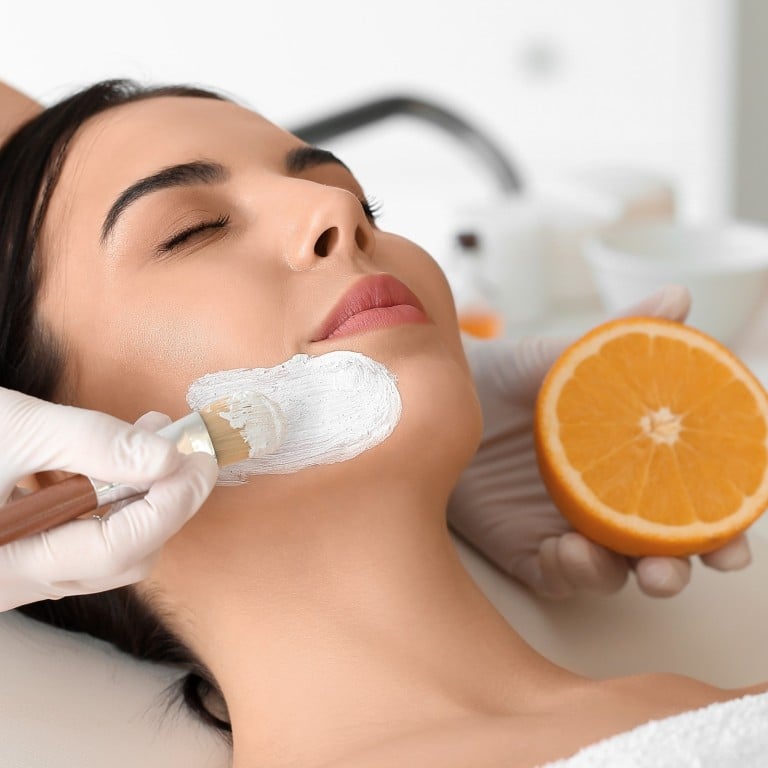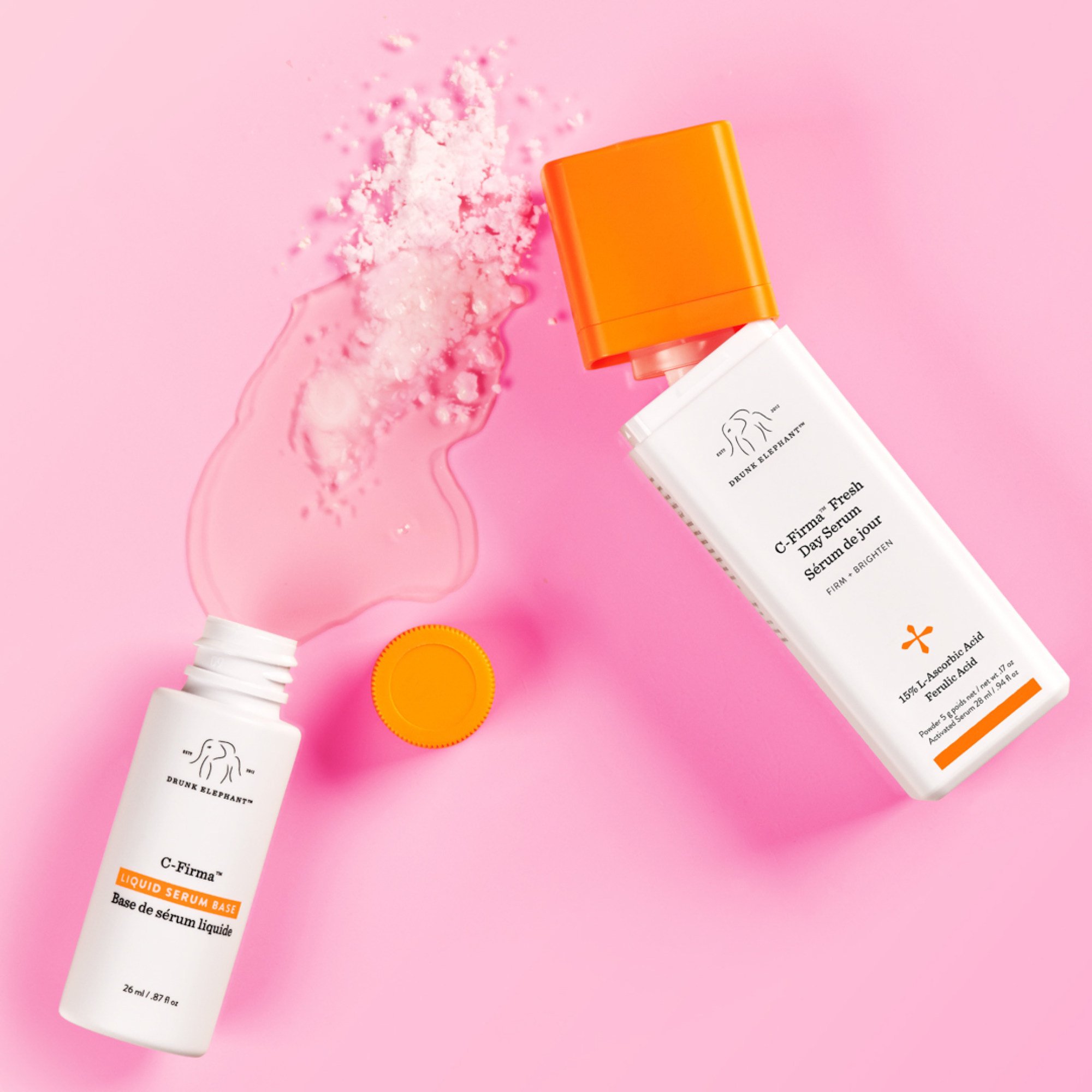Is vitamin C skincare’s rock star? The science behind the trendy ingredient: from how it’s formulated and packaged to alternative forms like tetrahexyldecyl ascorbate for sensitive skin

So, you’ve probably noticed all the buzz around vitamin C in skincare lately, right?
But does vitamin C actually live up to the hype? Let’s dig into the science of it all.
How much does your diet affect skin health anyway? We asked a dermatologist
The exciting theory behind vitamin C

In theory, vitamin C sounds like a superhero for your skin. It’s an antioxidant, which means it can tackle those troublemakers called free radicals that speed up the ageing process.
Dr. Whitney Bowe, a New York dermatologist, says it can also kick-start collagen production, the stuff that keeps your skin looking firm and bouncy. This means it could help smooth out those fine lines and wrinkles over time. Plus, it’s said to be a champ at brightening dark spots by putting the brakes on an enzyme called tyrosinase, which causes skin discolouration.
Sounds pretty fantastic, right? But hold on, there’s a twist.
Why some vitamin C products miss the mark

Why Xeomin is better than Botox: faster benefits with fewer side effects
But wait, there’s more! Even if the vitamin C manages to stay stable, it might not get past your skin’s outer layer. Your skin has this neat trick of repelling water-loving molecules like L-ascorbic acid, a common form of vitamin C found in many products, which means it might not penetrate deeply enough to work its magic.

There are some alternative forms of vitamin C, like tetrahexyldecyl ascorbate and tetra-isopalmitoyl ascorbic acid, which can sneak past that outer layer more effectively, but they’re relatively new on the scene and don’t have a tonne of research backing up their claims.
Choosing your vitamin C products

If you’re thinking about adding a vitamin C product to your routine, there are a few things to keep in mind. Look for products that not only have vitamin C but also throw in some vitamin E and ferulic acid. These ingredients can team up to boost stability and penetration.
Are under-eye fillers really better for dark circles than eye creams?

Packaging matters, too. Go for products in opaque packaging with pump applicators – they help protect your vitamin C from going wonky. Trustworthy skincare brands such as SkinCeuticals often conduct clinical testing to make sure their products actually do what they say they do.

And if you’ve got sensitive skin or rosacea, you might want to opt for the gentler vitamin C options, like tetrahexyldecyl ascorbate.
10 of the richest supermodels of 2023 – net worths, ranked
Takeaway

In a nutshell, vitamin C is indeed a skincare rock star, but not all products are created equal. Understanding the science behind it and making the right choices can help you get the most out of the ingredient.

- Hailed as skincare’s rock star, vitamin C is an antioxidant that protects the skin from damaging free radicals, reducing dark spots and redness, and preventing premature ageing, so what’s the catch?
- Not all products on the market are created equal and for it to be effective, it’s important to look for other ingredients that boost stability and penetration, like vitamin E and ferulic acid